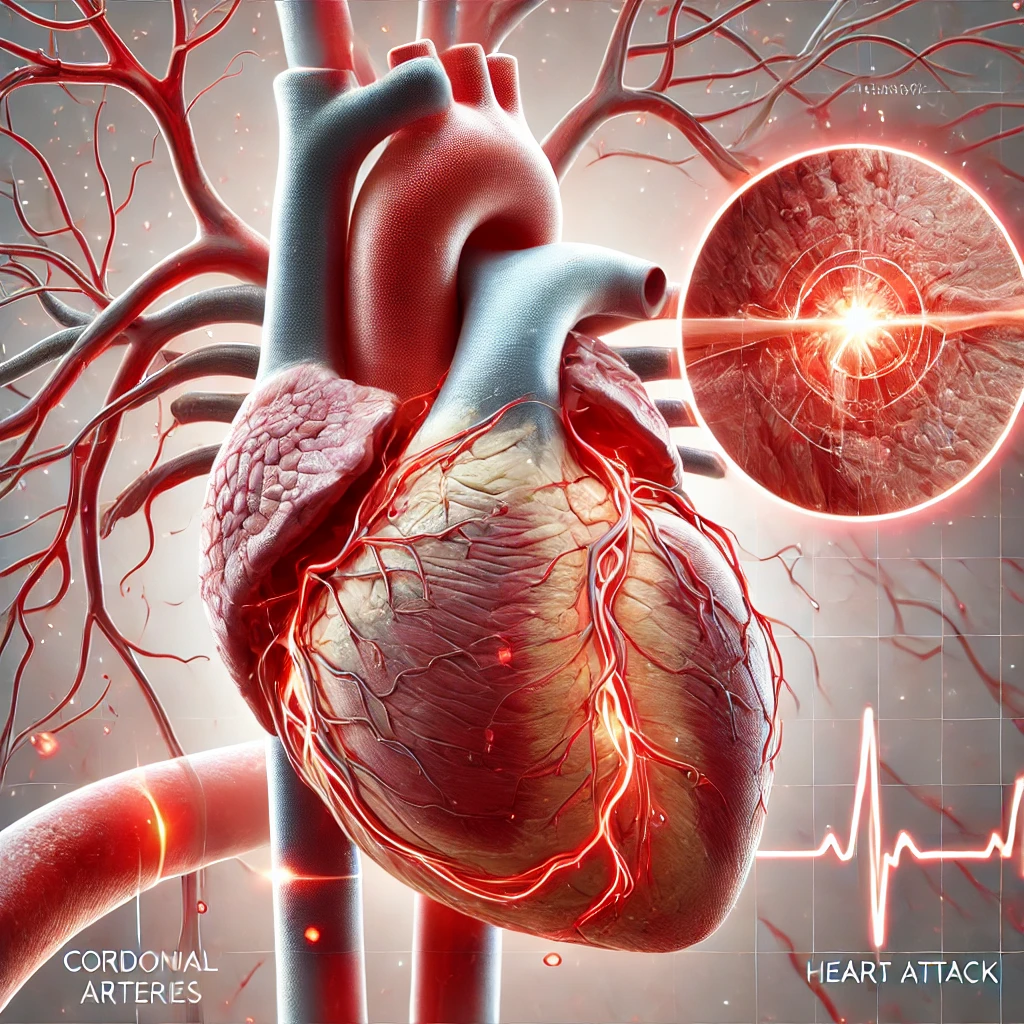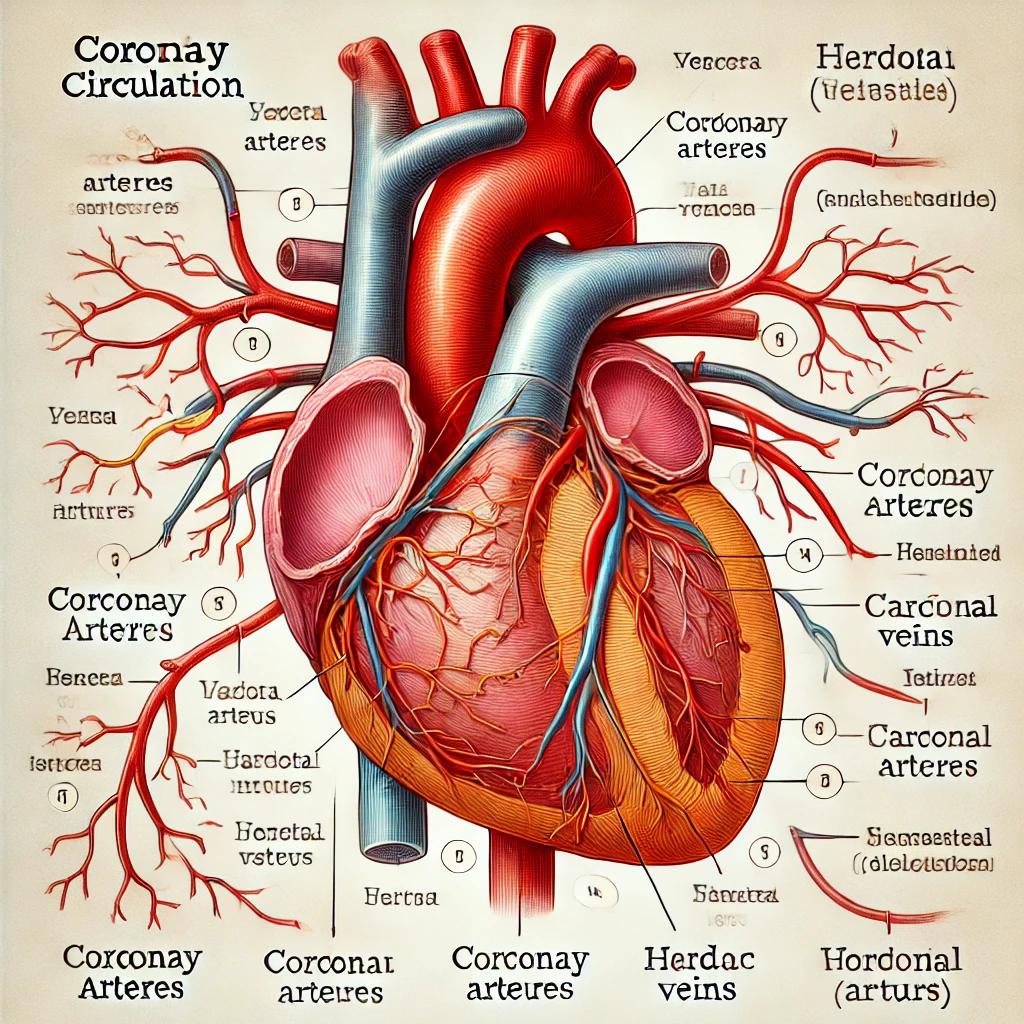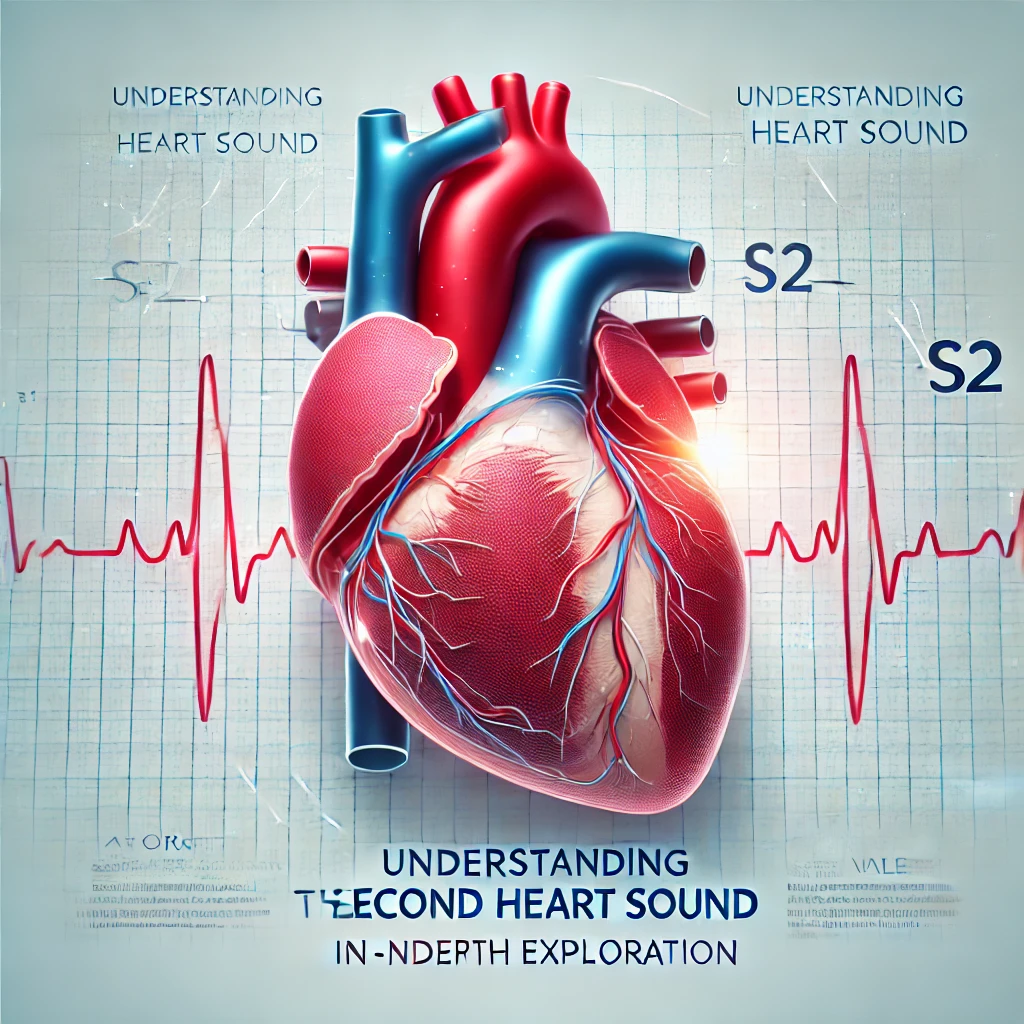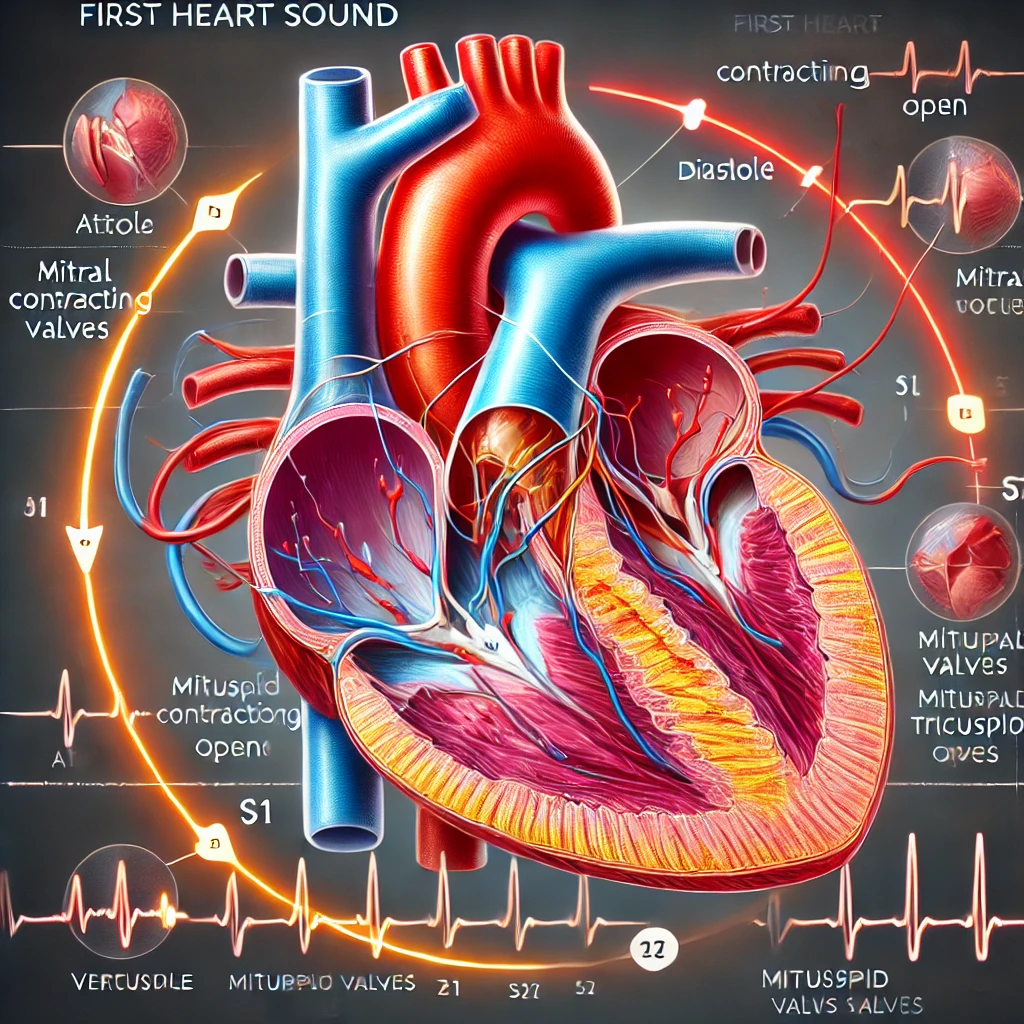Introduction
The kidneys are often called the body’s “filter system.” These fist-sized, bean-shaped organs are crucial for removing waste, balancing fluids, regulating blood pressure, and much more. However, many common habits can harm these essential organs. This comprehensive guide will examine 20 Common Habits That May Harm Your Kidneys. Understanding and changing these habits could be a significant step towards better kidney health.

1. Overconsumption of Salt
Salt is a vital mineral for our body, but overconsumption can harm the kidneys. High salt intake puts pressure on the kidneys by increasing the amount of sodium they must filter. This can lead to higher blood pressure, a well-known risk factor for kidney disease. Furthermore, a diet high in sodium may cause kidney stones and other complications. Moderation is essential; being mindful of hidden salt in processed foods is crucial to kidney health.
2. Excessive Use of Painkillers
Painkillers, particularly NSAIDs like ibuprofen, are often considered harmless since they are available over the counter. However, regular and excessive use of these medications can cause damage to the kidneys. They may reduce blood flow to the kidneys, sometimes leading to acute kidney injury. Knowing the potential risks and consulting a healthcare provider for alternatives or guidance can make a significant difference.
3. Lack of Hydration
Water plays a vital role in helping the kidneys filter toxins from the blood. Insufficient water intake can lead to dehydration, making the kidneys work harder. Over time, this strain can lead to kidney stones or even chronic kidney disease. Proper hydration, particularly in hot weather or physical activities, supports healthy kidney function.
4. Smoking
Smoking has many harmful effects on the body, and the kidneys are no exception. The toxins in cigarette smoke can narrow the blood vessels in the kidneys, reducing blood flow. This can cause numerous kidney-related issues, including increasing the risk of kidney cancer. Quitting smoking is beneficial not only for the lungs but also for the overall health of the kidneys.
5. Excessive Alcohol Consumption
Alcohol is a diuretic that can dehydrate the body, placing extra strain on the kidneys. Heavy drinking also affects the kidneys’ ability to regulate the balance of electrolytes and fluids. Chronic alcohol consumption can lead to kidney dysfunction and increase the risk of kidney disease. Like many things, moderation is essential with alcohol to maintain kidney health.
6. Lack of Exercise
Regular exercise is not only good for the heart but also for the kidneys. Lack of physical activity can lead to obesity, a significant risk factor for kidney disease. Exercise helps regulate blood pressure, a key element in kidney health. Finding a routine that includes physical activity can significantly support the kidneys in the long run.
7. Consuming Too Much Protein
Protein is vital for our body, but excessive protein can be complex on the kidneys, especially from animal sources. Breaking down protein creates ammonia, a substance the kidneys must filter out. Too much protein can strain the kidneys, leading to potential issues over time. Balancing protein intake with other nutrients is essential for maintaining healthy kidneys.
8. High Sugar Consumption
High sugar consumption, especially from sugary drinks and processed foods, can lead to obesity and diabetes, both risk factors for kidney disease. Managing sugar intake, focusing on whole foods, and being aware of hidden sugars can help preserve kidney function.
9. Inadequate Sleep
Quality sleep is essential for overall health, including the kidneys. Sleep helps regulate the stress hormones that support healthy kidney function. Chronic sleep deprivation can disrupt these processes, leading to kidney strain. Ensuring proper sleep hygiene and prioritizing adequate rest can support kidney health.
10. Ignoring Infections
Ignoring infections like UTIs (Urinary Tract Infections) can lead to more severe kidney infections. Untreated kidney infections can cause permanent damage. Early diagnosis and appropriate treatment of diseases are vital for maintaining kidney health.
11. Excessive Caffeine Consumption
Caffeine stimulates blood flow and increases blood pressure. While moderate consumption has little impact, excessive caffeine can strain the kidneys. Limiting or moderating caffeine intake, especially energy drinks, can prevent potential kidney harm.
12. Consuming Processed Foods
Processed foods are often high in sodium, phosphorus, and other additives that can harm the kidneys. Regular consumption can lead to high blood pressure and kidney disease. Choosing fresh, whole foods supports not only the kidneys but overall health.
13. Holding In Urine
Regularly holding in urine can cause pressure on the kidneys and lead to kidney stones or other complications. Listening to your body and using the restroom when needed is a simple way to support kidney health.
14. Lack of Regular Check-ups
Regular health check-ups help detect any potential kidney problems early. Ignoring regular medical care can lead to late diagnosis when kidney issues become more challenging to manage. Regular monitoring can help catch problems before they become serious.
15. Consuming Too Many Artificial Sweeteners
Some studies suggest that excessive consumption of artificial sweeteners might be linked to kidney function decline. Modifying these products and opting for natural sweeteners when possible can be a wiser choice for kidney health.
16. Excessive Vitamin D and Calcium Supplements
While vitamin D and calcium are essential, excessive supplementation can lead to kidney stones or other kidney problems. It’s best to get nutrients from food sources and consult a healthcare provider if considering supplements.
17. Ignoring Blood Pressure
High blood pressure is a leading cause of kidney damage. Ignoring or inadequately managing hypertension can silently damage the kidneys over time. Regular monitoring and proper management are crucial to kidney health.
18. High Cholesterol Diet
A diet high in cholesterol can lead to atherosclerosis, a condition that narrows the blood vessels, including those in the kidneys. This can impair kidney function and lead to chronic kidney disease. A balanced diet with healthy fats is essential for the kidneys.
19. Exposure to Heavy Metals and Toxins
Chronic exposure to heavy metals like lead and environmental toxins can accumulate in the kidneys, leading to long-term damage. Being aware of environmental risks and taking precautions can protect the kidneys.
20. Emotional Stress
Chronic emotional stress can lead to various health problems, including hypertension, indirectly affecting the kidneys. Managing stress through relaxation techniques, hobbies, or professional help can positively impact kidney health.
High salt intake strains kidneys, elevating blood pressure. Excessive painkiller use, like NSAIDs, harms kidney function. Insufficient hydration makes kidneys work harder. Smoking narrows kidney blood vessels. Alcohol dehydrates and disrupts kidney regulation. Regular exercise supports kidney health. Overconsumption of protein and sugar can strain kidneys. Inadequate sleep affects kidney function. Prompt treatment of infections like UTIs is vital for kidney health. Monitoring blood pressure and cholesterol is crucial. Avoiding heavy metals and managing stress positively impacts kidney health.
Conclusion
Kidneys are vital to our well-being, yet we often overlook their care. Simple lifestyle changes and awareness can significantly contribute to maintaining healthy kidneys. We discussed 20 Common Habits That May Harm Your Kidneys.
References:
- National Kidney Foundation
- World Health Organization – Kidney Care
- Centers for Disease Control and Prevention – Chronic Kidney Disease
- American Kidney Fund
- Mayo Clinic – Kidney Health
My other post:
- Salt & Human Health: A Detailed Guide
- Coffee vs. Tea: A Deep Dive into Health Benefits and Effects
- Chronic Kidney Disease (CKD) And the Causes
- Polypharmacy and Its Burden on Aging Kidneys
- Gross Anatomy of the Kidney: An In-Depth Exploration of Kidney Structure
Disclaimer: This article is intended for informational and educational purposes only and is not meant to substitute for professional medical advice, diagnosis, or treatment. Always seek the advice of your healthcare provider with any questions you may have regarding your medical condition or treatment plan.




